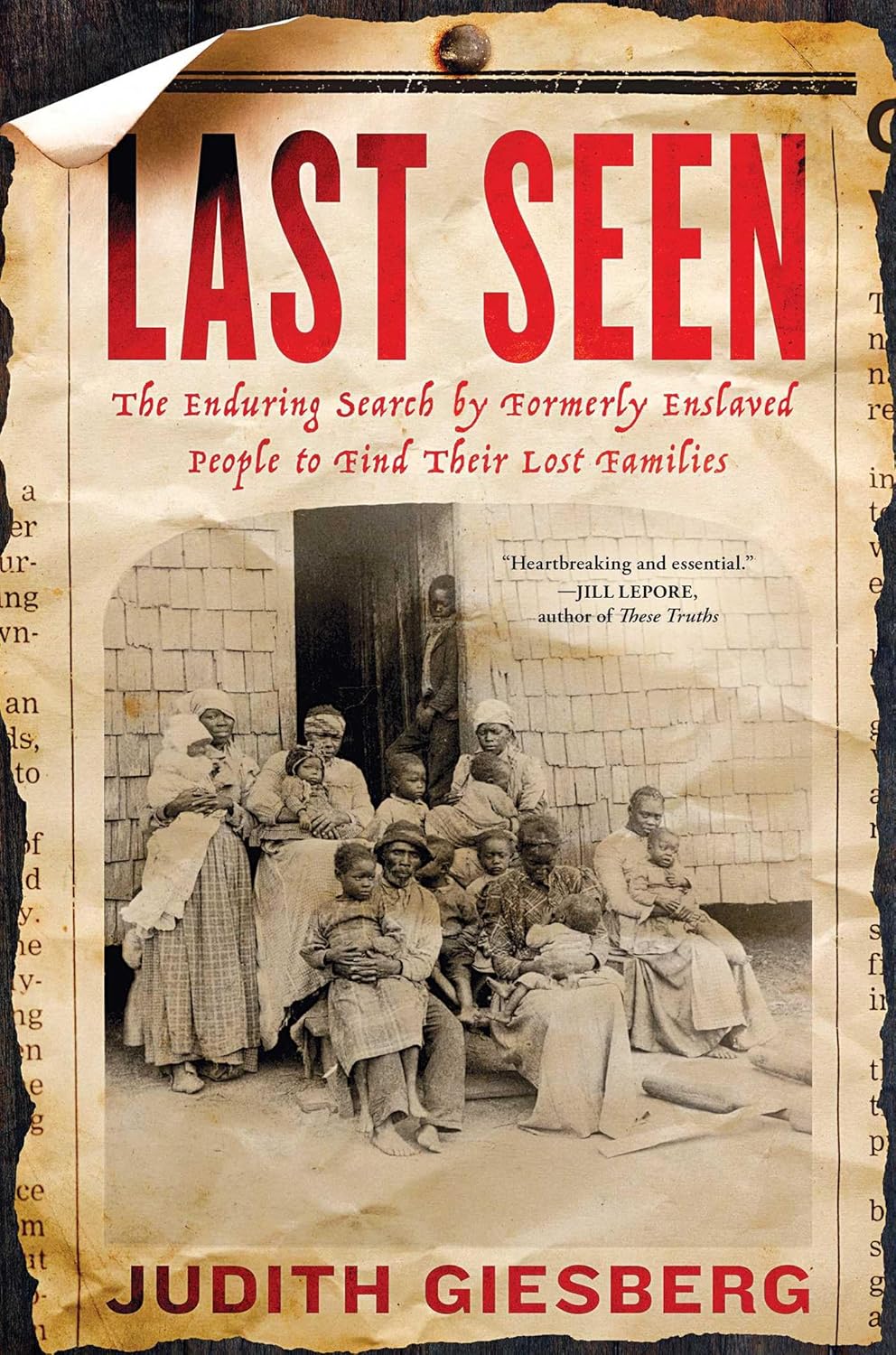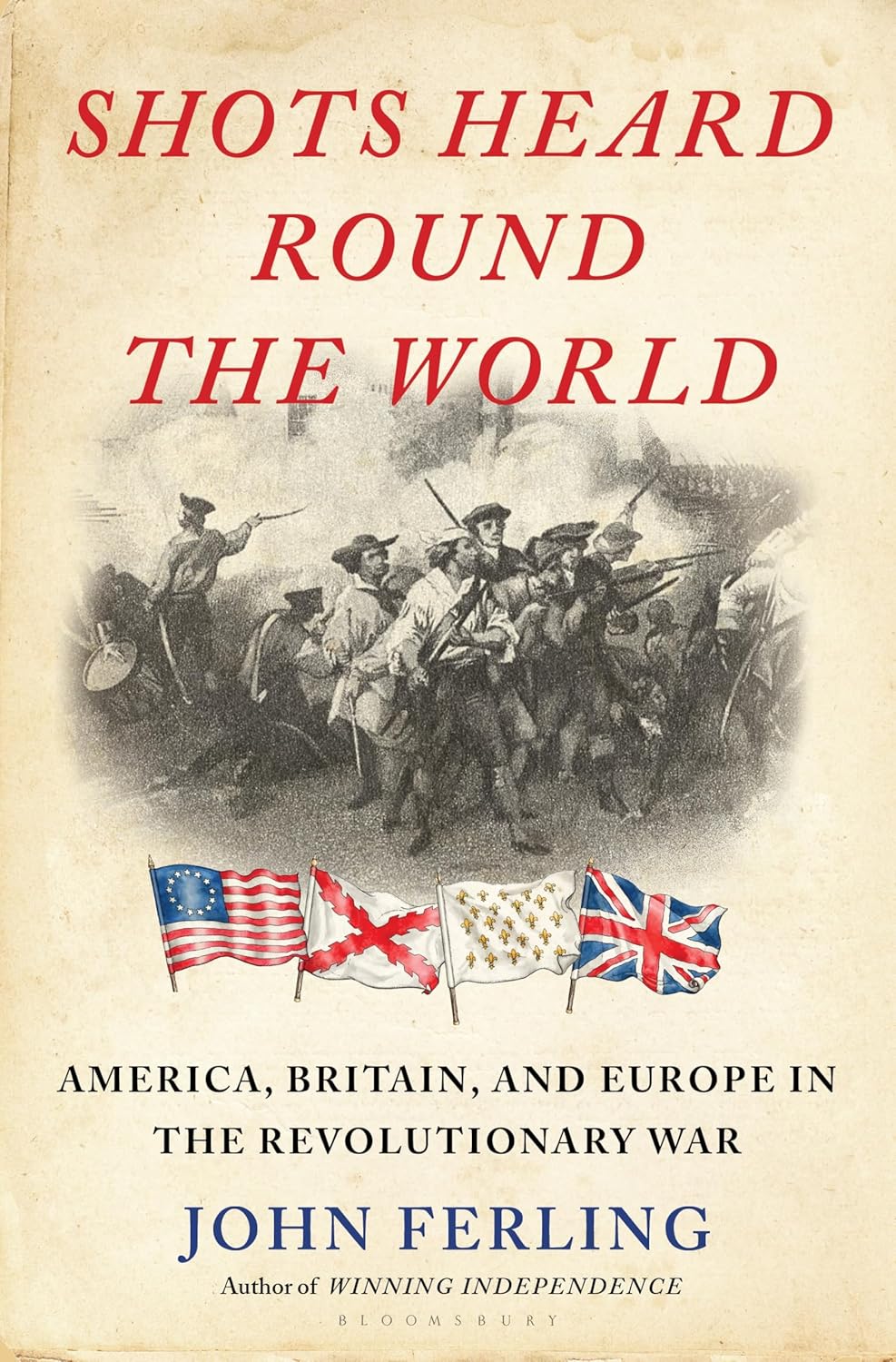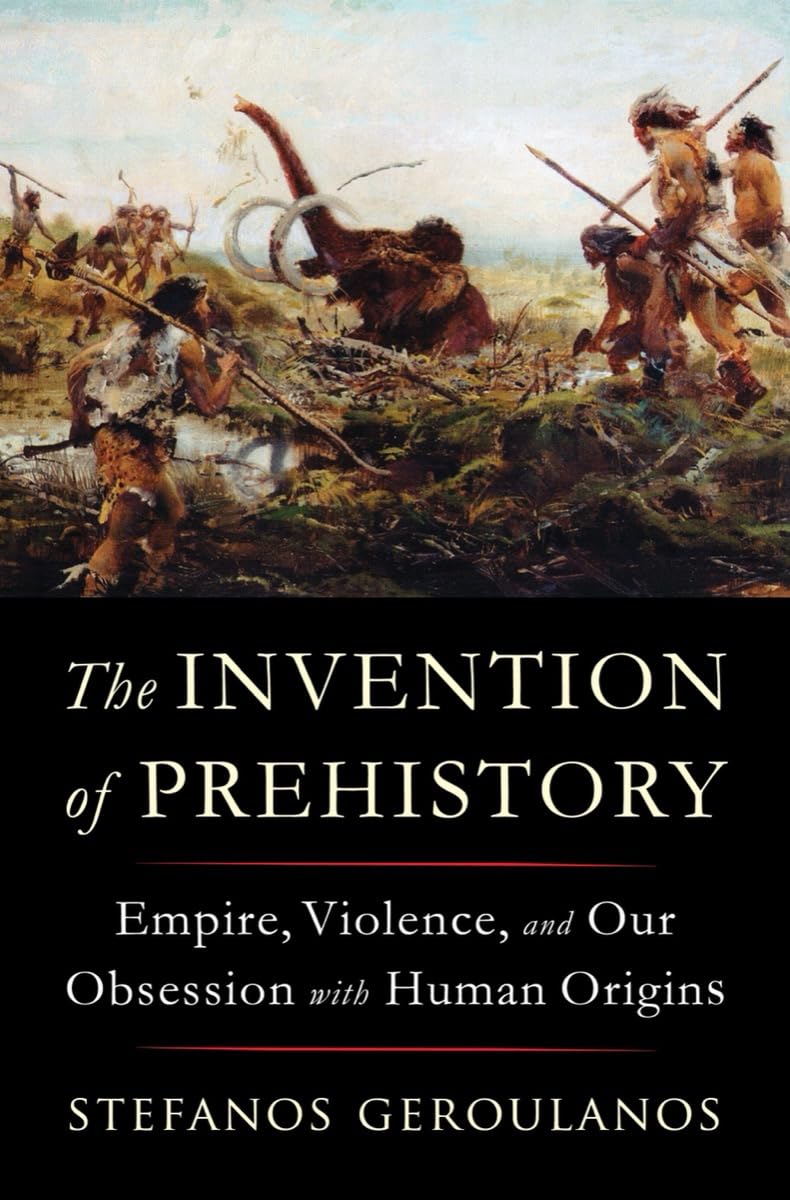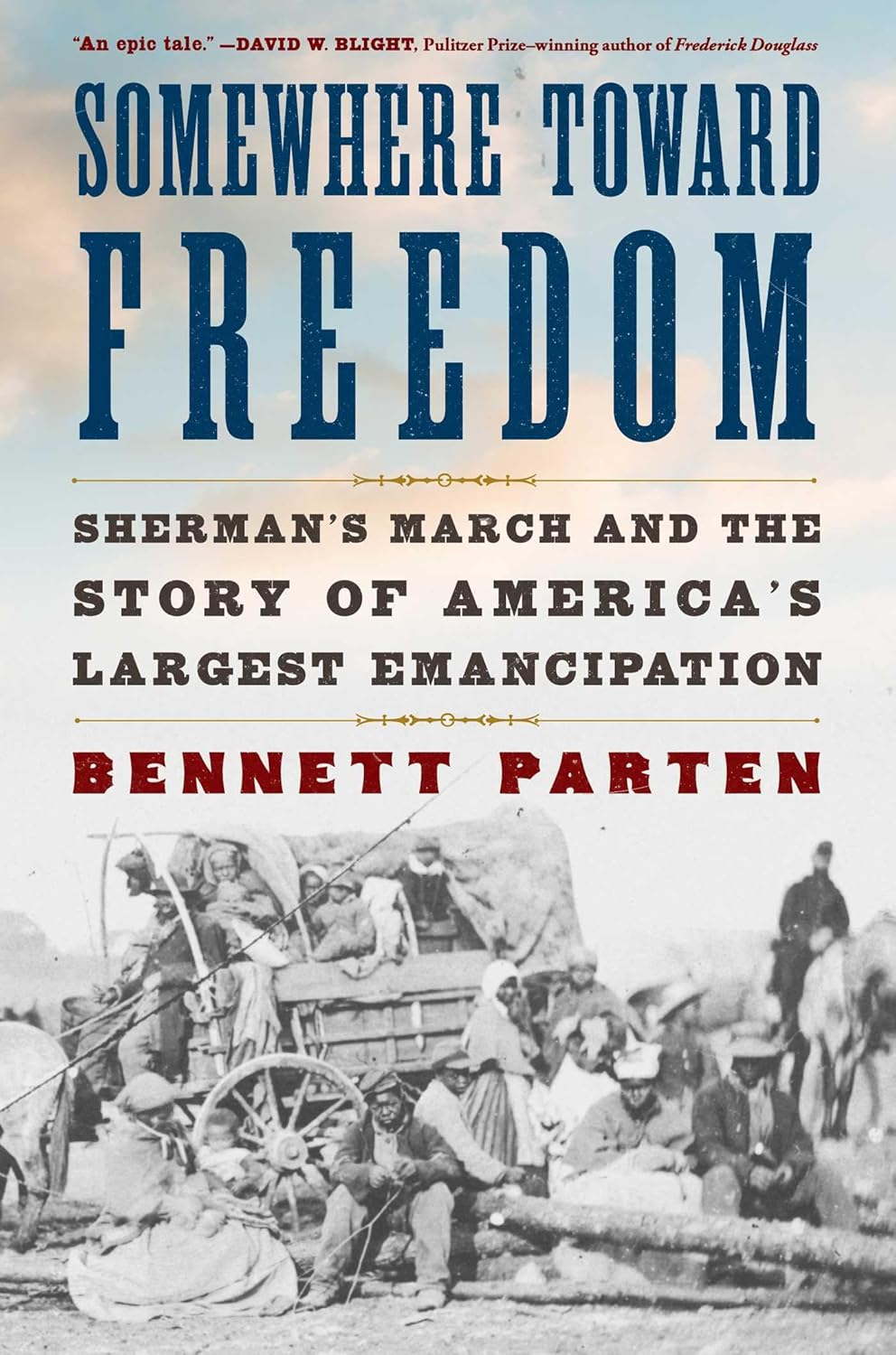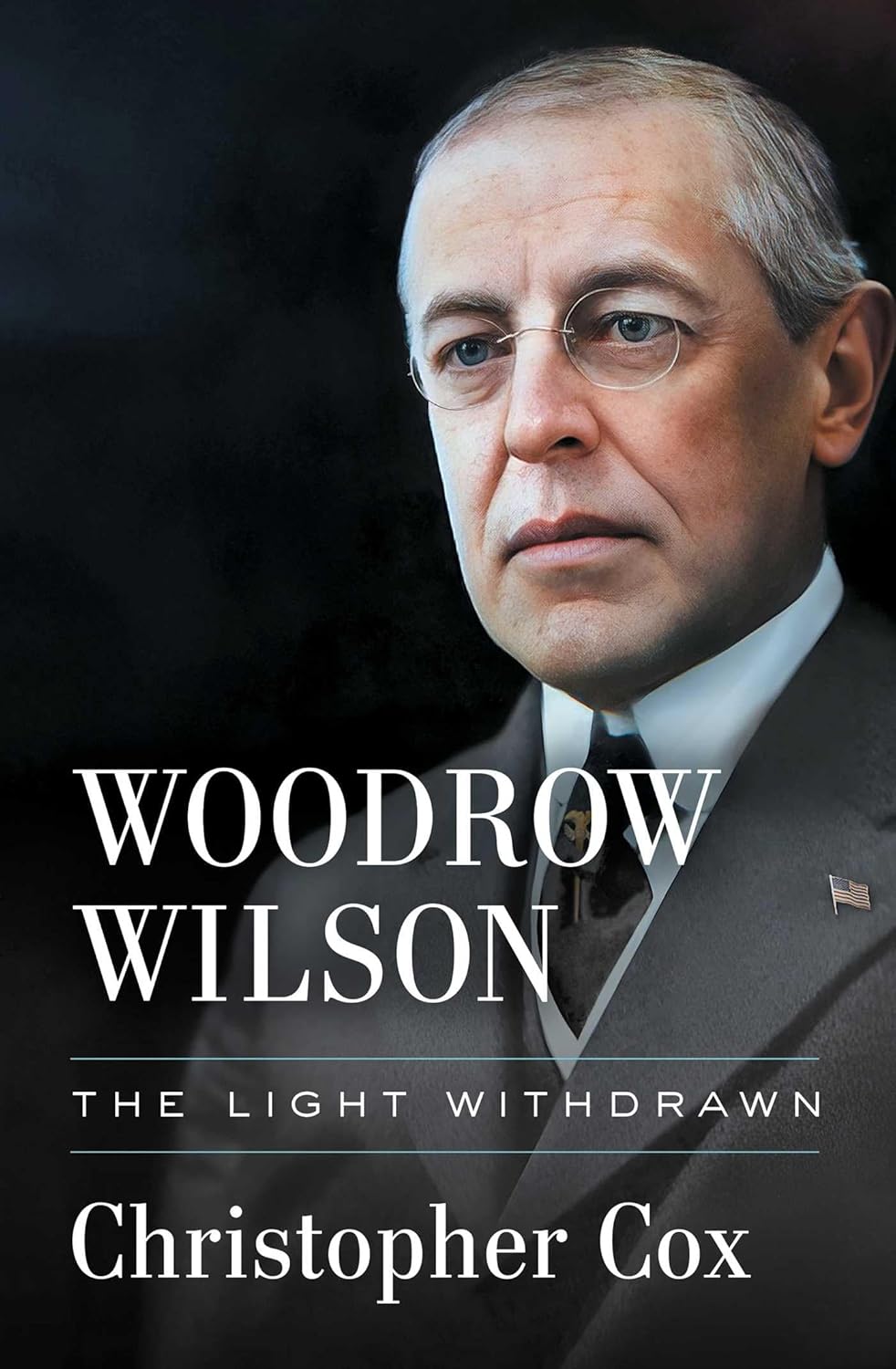Stan’s guest this week is historian Judith Giesberg, discussing her riveting new book, Last Seen: The Enduring Search By Formerly Enslaved People to Find Their Lost Families, published in February by Simon and Schuster. Slavery broke many families apart, and Giesberg’s book details the fascinating and often heartbreaking search for lost children, parents, and other family members in the half century after the Civil War.
